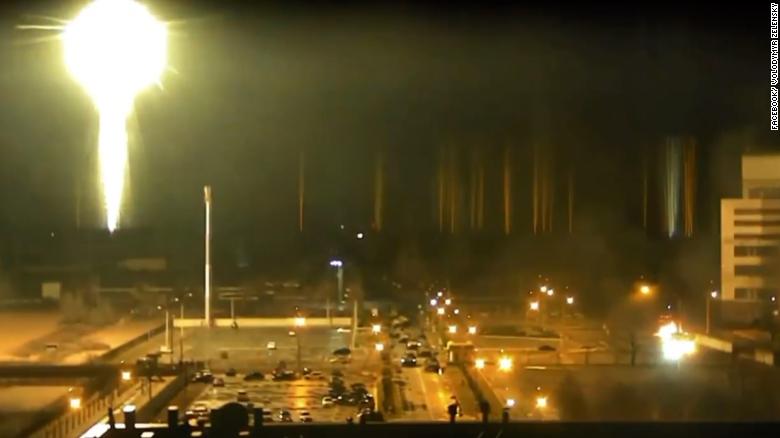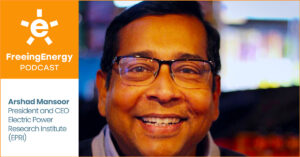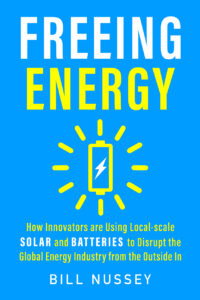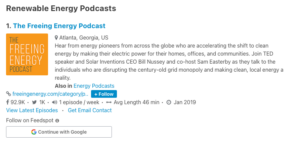To my dear friends, subscribers, and Freeing Energy community members,
This month’s letter address the tragedy and the hope from the most violent and unprecedented war of our generation.
The world has been transfixed as one of the mightiest militaries on earth attempts to subjugate its neighbor. Russia’s attack on Ukraine is tragic, abhorrent, and, if left unchecked, will open the door for more expansion-by-invasion around the world. But there is one more dreadful angle on this war that we must not forget. Russia’s war is being paid for by decades of fossil fuel revenues.
Russia is one of the biggest winners of what I call the “geologic lottery” and the power of their fossil fuel prize has never been clearer. The West has responded to the invasion with crushing economic sanctions. Only one major industry has evaded this financial chokehold (so far): fossil fuels. Even as European countries are sending support and weapons to Ukraine, Russian fossil fuels continue to flow into Germany and other countries (at least as of March 7). This not only helps fund Putin’s war, Europe’s addiction lessens both the real and moral authority to further pressure Russia to reverse its invasion.
But there is hope that at least one good thing may come from all this: the war has provided a powerful motivator to embrace renewable energy even faster.
In many ways, Putin is doing more to hasten the transition to clean energy than all the speeches and marches at COP26 just a few months before.
German Vice Chancellor Robert Habeck said, “The only forms of energy that don’t belong to anyone, where nobody can say ‘it’s all mine and I’m going to blackmail you with,’ are wind and solar.” The country’s finance minister Christian Lindner said, “renewable energy is freedom energy.” (This powerful idea is why my book is called Freeing Energy.)

The renewable reawakening will not be limited to a retreat from Russian natural gas and oil. On March 4, Russia’s attack on a Ukrainian nuclear plant topped the headlines around the world for days. Pictures of a burning building were interspersed with a cacophony of experts reassuring viewers about the strength of reactor containment vessels and the low likelihood of a meltdown. (It was ironic that none of the experts I heard mentioned the risk of a missile strike on the far less protected “cooling pools” that house nuclear waste and how such a strike could release even more highly radioactive cesium-137 than the Chernobyl disaster.)
Fortunately, a nuclear disaster seems to have been averted this time but it is nonetheless a chilling reminder that, despite many advantages, nuclear power comes with substantial risks and costs. As Europe and the world race to reduce the geopolitical risks of fossil fuels, nuclear power will be a widely touted replacement. Even if advocates overlook its high cost and decade-long construction timelines, memories of the burning buildings and fears of a meltdown will color the debates over where and, even if, more nuclear power should be built.
The bravery and courage of Ukraine’s people and its leader, Volodymyr Zelensky, is bringing the world together in ways unimaginable just a few weeks ago. Please take a moment to say a prayer for the people of Ukraine and consider a donation via the Red Cross (or others) to help the families and children so impacted by this tragic and utterly unnecessary war.
Bill Nussey
CEO & Founder of Freeing Energy



